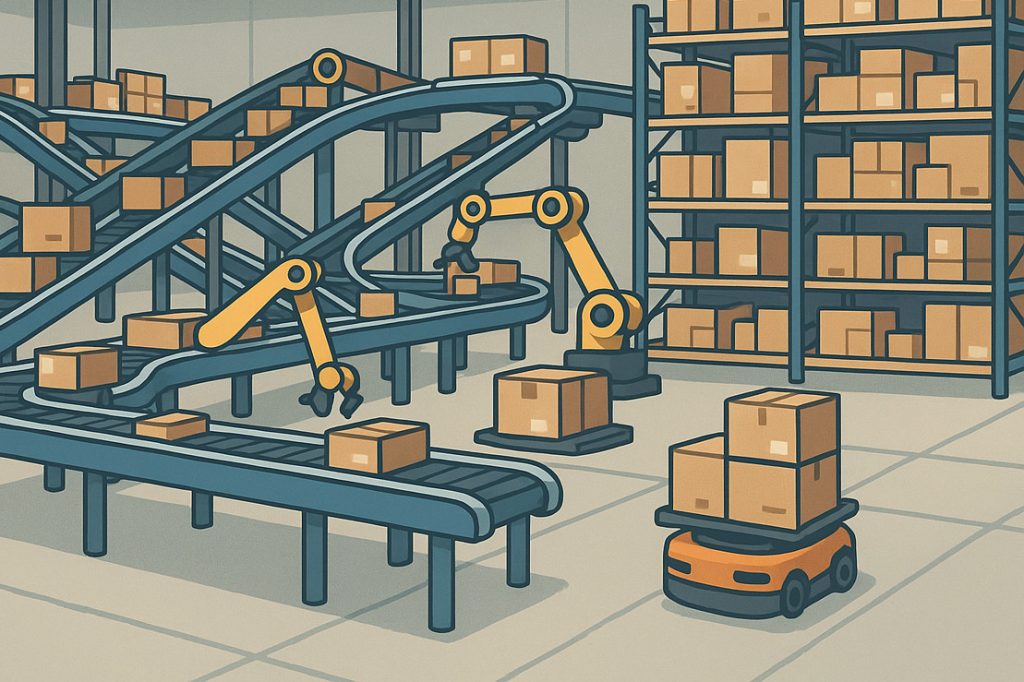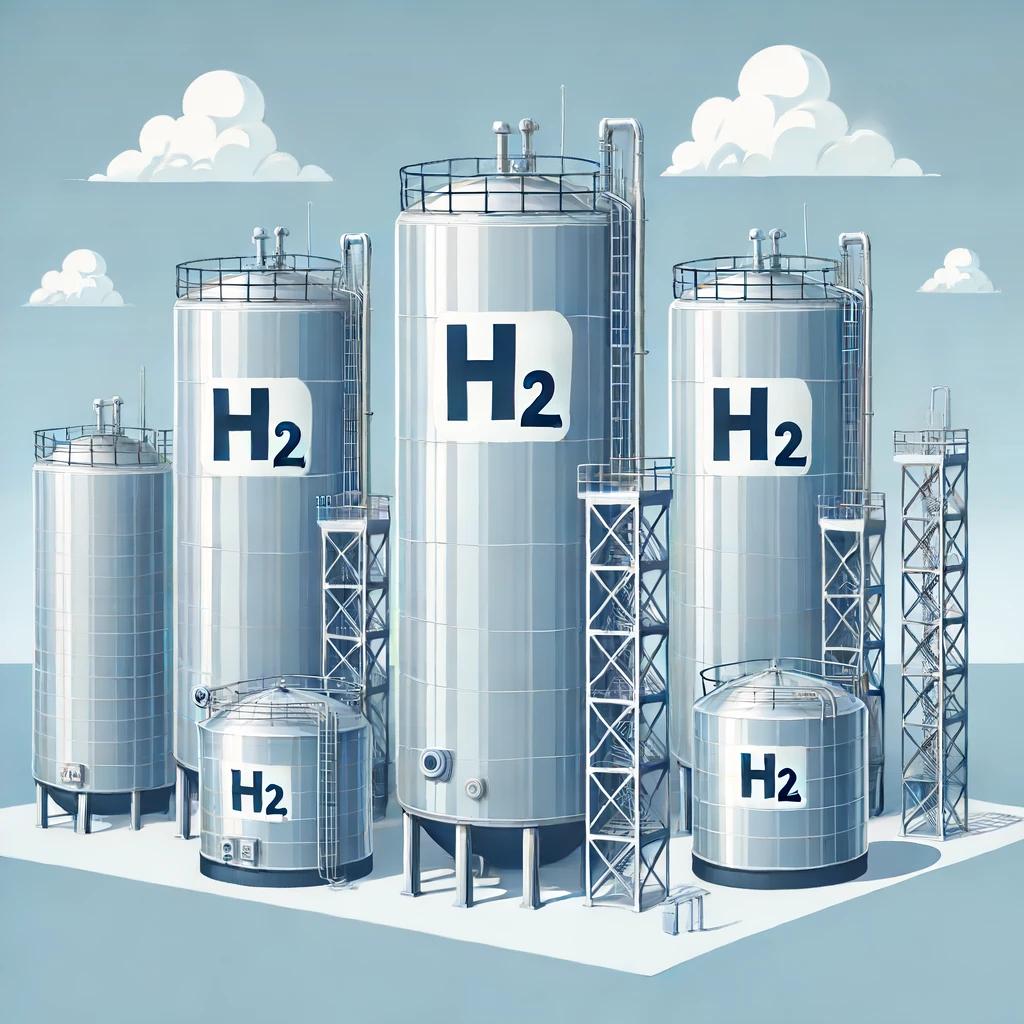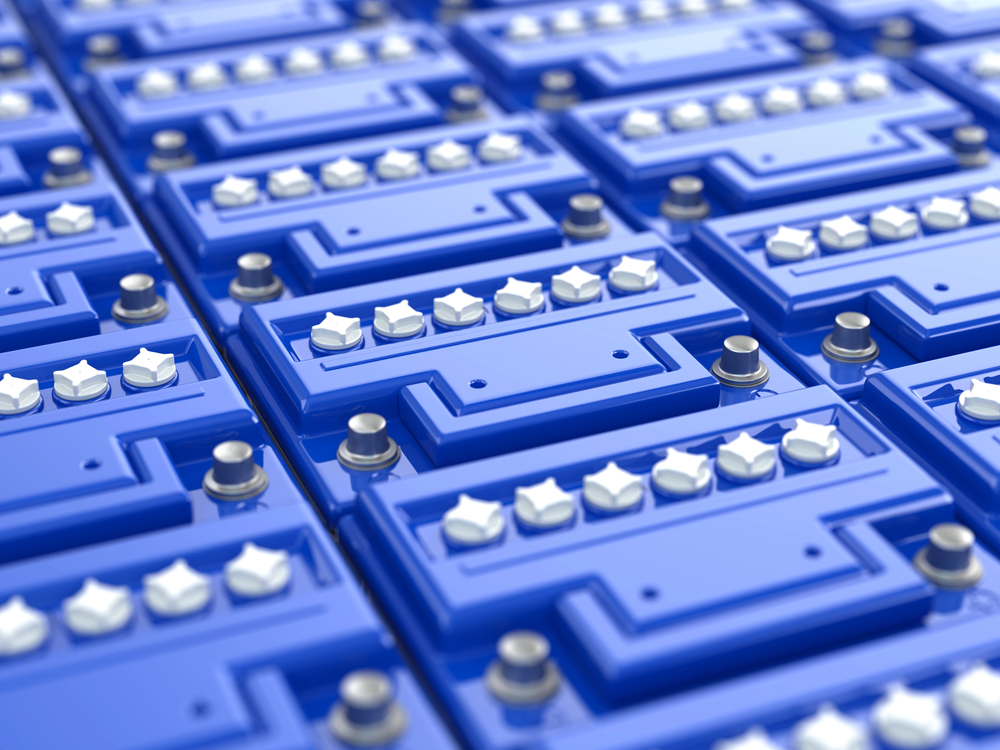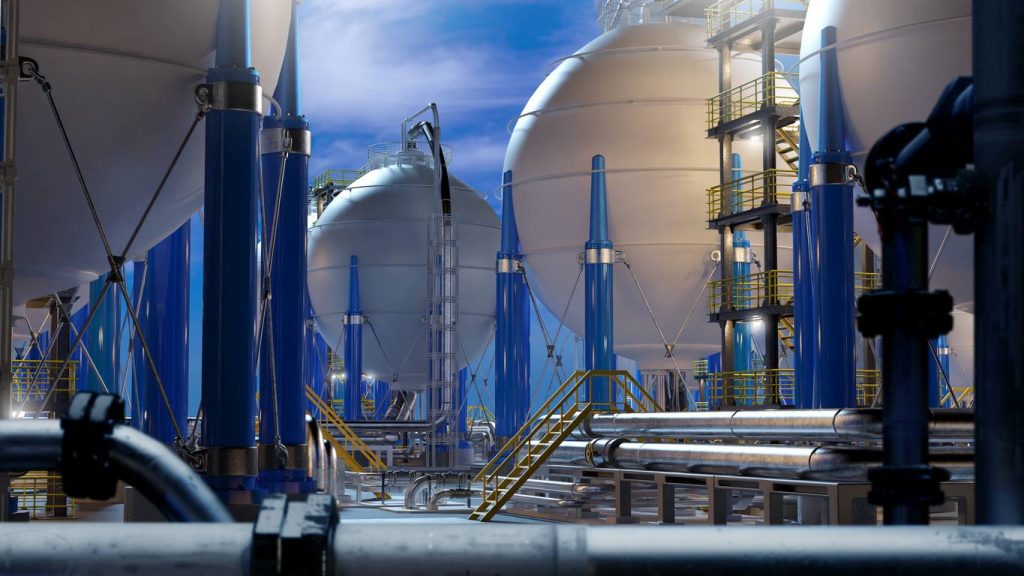JD.com Launches Korean Logistics Hubs – KCs Certification Required for Equipment
JD.com, one of China’s leading e-commerce giants, has established its own logistics centers in South Korea for the first time. With facilities located in Incheon and Icheon, the company will now offer third-party logistics and same-day delivery services to business clients in Seoul and parts of Gyeonggi Province. The Icheon center specializes in pet-related products, while the Incheon hub serves as an integrated logistics base for global consumer brands and Korean beauty product exporters. In tandem, JD.com has signed last-mile delivery agreements with major Korean logistics firms CJ Logistics and Lotte Global Logistics, signaling a potential shift from a B2B model to full-scale direct-to-consumer retail operations in South Korea. A lot of logistic center equipment like lifts, robots, conveyor belts, etc. usually require KCs certification in order to be approved for import and sale in Korea.

This marks the first instance of a major Chinese online retailer independently operating logistics infrastructure in Korea—a strategic move interpreted as a full-fledged entry into the Korean market. JD.com’s expansion comes amid rapid growth by Chinese platforms like AliExpress and Temu, who have been attracting Korean consumers through ultra-low pricing and aggressive marketing. According to Seoul-based app market analytics firm WiseApp, AliExpress’s transaction value in Korea nearly tripled from 2022 to 2024, while Temu’s surged almost twentyfold within a single year. JD.com’s arrival is expected to intensify the ongoing “C-commerce” wave, which is reshaping the Korean e-commerce landscape. Facing slowing domestic growth, JD.com and its Chinese peers such as Alibaba and PDD Holdings are accelerating their global expansion, with Korea seen as a key market.
Feel free to contact us any time if you need assistance or have any questions regarding Korean certifications like KC, KC EMC, KCs, KCs for explosion safety products or KGS factory registration.
Tel. Europe: +49-69-271 37 69 259
Tel. US: +1 773 654-2673
Email: info@korea-certification.com
For more information you can download our free brochure “Korea Certification Made Easy – The Booklet“.
Hyundai Expands Hydrogen Strategy with New Ulsan Fuel Cell Plant
Hyundai Motor Co. has announced plans to construct a next-generation hydrogen fuel cell plant within its existing automotive complex in Ulsan, approximately 300 kilometers south of Seoul. The decision, made in coordination with its labor union, is part of the company’s broader strategy to consolidate its hydrogen fuel cell operations and accelerate the development of a comprehensive hydrogen energy value chain. Mass production at the new facility is scheduled to begin in 2028. Once operational, the plant will become the world’s second-largest hydrogen fuel cell manufacturing site, following Hyundai’s HTWO Guangzhou plant in China. Fuel cell systems from the Chungju facility, formerly operated by Hyundai Mobis, are currently used to manufacture the NEXO hydrogen fuel cell vehicle in Ulsan. Certain equipment incolved in fuel cell production like pressure vessel and hydrogen systems in general usually require KGS certification in order to be approved for import and sale in South Korea.

This expansion reflects Hyundai Motor’s commitment to scaling up hydrogen infrastructure beyond automotive applications. Under the HTWO brand, the company aims to cover the entire hydrogen ecosystem, from production to consumption, and presented this ambition at CES 2024. Hyundai has set a goal to increase its annual hydrogen usage to 3 million tons by 2035. A recent visit by Hyundai executives to Japan signals an effort to establish cross-border hydrogen cooperation. The firm is also preparing to diversify its hydrogen-related business portfolio, pending shareholder approval. Despite weak global demand for hydrogen energy, Hyundai remains one of the leading hydrogen FCEV producers alongside Toyota, and it plans to launch the INITIUM model in the first half of this year as a successor to the NEXO.
Feel free to contact us any time if you need assistance or have any questions regarding Korean certifications like KC, KC EMC, KCs, KCs for explosion safety products or KGS factory registration.
Tel. Europe: +49-69-271 37 69 259
Tel. US: +1 773 654-2673
Email: info@korea-certification.com
For more information you can download our free brochure “Korea Certification Made Easy – The Booklet“.
Enhanced Safety Measures rolled out in Samsung SDI’s new EV Battery Design
Samsung SDI has finalized the development of its “No-Thermal Propagation” (No-TP) technology aimed at preventing the spread of heat in electric vehicle (EV) batteries—a leading cause of battery-related fires. Announced through the company’s newsroom on February 18, the technology incorporates specialized safety materials and a cooling plate to isolate thermal events at the cell level, thereby extending battery life and usability by allowing for localized component replacement. A proprietary software tool, the Thermal Propagation Calculator (TPc), plays a key role by quantifying thermal propagation risks and supporting engineers in optimizing battery design from the earliest development phases. The Korean government has already declared plans to introduce EV Battery Certification and Tracking. Other Battery types usually require KC Safety certification in order to be approved for import and sale in Korea.

The No-TP approach is applicable not only to individual cells but also to modules and packs, with TPc-optimized features already embedded in Samsung SDI’s latest battery products. Innovations such as insulation layers between cells and prismatic battery designs using a stacking method for electrode plates further enhance safety by reducing internal pressure and enabling multidirectional gas dispersion during malfunctions. These measures aim to mitigate gas accumulation and limit thermal incidents. Samsung SDI reaffirmed its commitment to developing high-capacity, reliable battery systems that meet evolving safety standards in the EV sector.
Feel free to contact us any time if you need assistance or have any questions regarding Korean certifications like KC, KC EMC, KCs, KCs for explosion safety products or KGS factory registration.
Tel. Europe: +49-69-271 37 69 259
Tel. US: +1 773 654-2673
Email: info@korea-certification.com
For more information you can download our free brochure “Korea Certification Made Easy – The Booklet“.
POSCO Future M launches Domestic Production of Spherical Graphite
POSCO Future M, a prominent South Korean manufacturer of battery materials, has announced plans to produce spherical graphite domestically in a significant shift aimed at reducing reliance on Chinese imports. The company will establish a new subsidiary, provisionally named Carbon New Materials Co., to oversee the production process. This strategic move is supported by an investment of around 400 billion won (over $275 million), recently approved by the board, though the final plant location has yet to be confirmed. This initiative marks the first major localization effort in Korea for the production of spherical graphite, which is currently sourced exclusively from China. POSCO Future M aims to integrate this material into its anode production at the Sejong plant, reinforcing control over a key stage in the battery manufacturing chain.
Production equipment, as used in the production of battery anode materials, often requires KCs certification in order to be approved for import and sale in Korea.

The company’s move comes amid heightened concerns over supply security due to potential Chinese export restrictions and geopolitical instability. POSCO Future M’s domestic production strategy not only aims to secure its supply chain but also aligns with efforts to qualify for U.S. Inflation Reduction Act (IRA) incentives.
Feel free to contact us any time if you need assistance or have any questions regarding Korean certifications like KC, KC EMC, KCs, KCs for explosion safety products or KGS factory registration.
Tel. Europe: +49-69-271 37 69 259
Tel. US: +1 773 654-2673
Email: info@korea-certification.com
For more information you can download our free brochure “Korea Certification Made Easy – The Booklet“.



